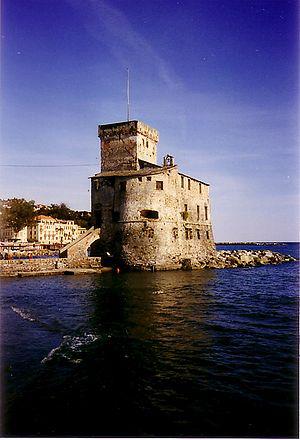
Image via Wikipedia
Are you familiar with the phrase “Age doesn’t matter”? This is usually applied on love situations but it can also be functional in language learning, particularly learning Italian language.
Age indeed doesn’t matter when you choose to learn a language. If you think you are old enough to acquire such opportunity, think again. Learning Italian is not a respecter of persons.
According to Sonal Panse, an article writer who writes the same issue, “There is no right age in language acquisition, although, of course, the earlier you start, the more time you have to get proficient. However, the more you use a language the better you will get at it,” she said. Despite the knowledge that age is not an issue in acquiring Italian language, there really is a difference when a learner is younger when he begins such learning.
As what Panse mentioned, the Critical Period Hypothesis (CPH) explains the differences between children and adults’ language learning. The CPH will actually determine the particular age learners can learn a specific language. In other words, “a learner can only learn a language up to a certain age after which the language learning ability declines,” quoting Panse’s.
Studies were showing the differences when learners are in their younger ages when they learn Italian language. Children are actually more extensive learning periods compared to adults. They are even less-conscious in handling their mistakes compared to adults. This leads adults to become less motivated and soon, they’ll end up giving up the learning opportunity. Furthermore, children are more motivated to learn a language compared to adults, and children are more receptive to acquire such knowledge because they’re in the process of receiving information. Adults, with their curious minds fully developed, they tend to question the teaching and often find the learning process lackluster.
Nevertheless, adults also have their advantages over adults. Adults have the advantage of using the concepts they know from their first language in learning a second language; children are not that capable during their stage.
So does age really matters in learning Italian language? Well, what really matters is how motivated a learner is in attaining such knowledge. Intelligence and personality are two great factors that determine how progressive a learner can become. Regardless of a learner’s age, as long as he or she is motivated, the expected learning result will be expected.
